ell students take pride in practicing with academic protocols one of ell teacher caroline hay’s primary objectives with her english literacy
ELL Students Take Pride in Practicing with Academic Protocols
One of ELL teacher Caroline Hay’s primary objectives with her English
Literacy students is to help them develop their Academic Language
Proficiency. The typical student at this level in the ELL program has
mastered the basics of conversational English, but still needs to
continue building familiarity with academic vocabulary in order to
access the content and achieve success in mainstream classes.
Caroline and fellow ELL teacher Chris Lieuallen are members of a PLT
that is focused on improving ELL students’ writing skills. So when
Instructional Coach Susan Payne read an article about how another ELL
teacher was successfully using Academic Protocols to develop writing
proficiency, she shared it with Caroline. So what are Academic
Protocols? Basically, they are sentence frames that incorporate
standard academic language used for specific functions. They are
grouped into categories to help students know when it is appropriate
to use them
To introduce the protocols, Caroline started by explaining the
difference between casual and academic language. She then had the
students engage in small group discussions on a controversial topic
and report out to the class using the protocols. The lively discussion
that resulted had students consulting their handouts for new ways to
“respectfully disagree” or to offer “a different perspective.”
Afterwards, students debriefed the process and talked about their
impressions of the protocols. “We sound more professional and
sophisticated,” one student reflected with pride.
Sidebars:
“Academic Protocols are sentence frames that incorporate standard
academic language used for
specific functions.”
Academic Protocols for Small Group or Whole Class Discussion:
• I have a different opinion/perspective
• I would argue that…
• Isn’t it also true that…
• I am going to have to respectfully disagree.
• I’m not sure I agree with you. I think that…
Retrieved from Tualatin High School (OR) website
http://www.ttsd.k12.or.us/tualatin-high-school/academics/literacy/literacy-resources/teacher-resources
 LASER INTERFEROMETER GRAVITATIONAL WAVE OBSERVATORY SPECIFICATION E1000079 V6 DOCUMENT
LASER INTERFEROMETER GRAVITATIONAL WAVE OBSERVATORY SPECIFICATION E1000079 V6 DOCUMENT PRESS RELEASE SEPTEMBER ?? 2015 JAA SYSTEMS APPOINTS DAVID
PRESS RELEASE SEPTEMBER ?? 2015 JAA SYSTEMS APPOINTS DAVID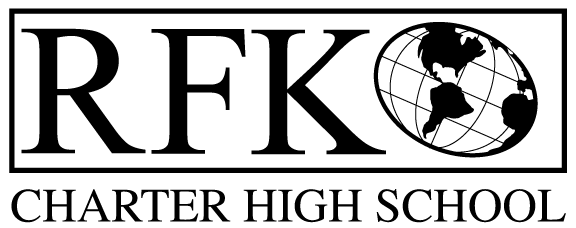 4300 BLAKE RD SW ALBUQUERQUE NM 87121 PHONE 5052431118
4300 BLAKE RD SW ALBUQUERQUE NM 87121 PHONE 5052431118 WYŻSZA SZKOŁA KOMUNIKOWANIA POLITOLOGII I STOSUNKÓW MIĘDZYNARODOWYCH W WARSZAWIE
WYŻSZA SZKOŁA KOMUNIKOWANIA POLITOLOGII I STOSUNKÓW MIĘDZYNARODOWYCH W WARSZAWIE 1 CONTROLE PODER JUDICIÁRIO TRIBUNAL REGIONAL FEDERAL DA 1ª
1 CONTROLE PODER JUDICIÁRIO TRIBUNAL REGIONAL FEDERAL DA 1ª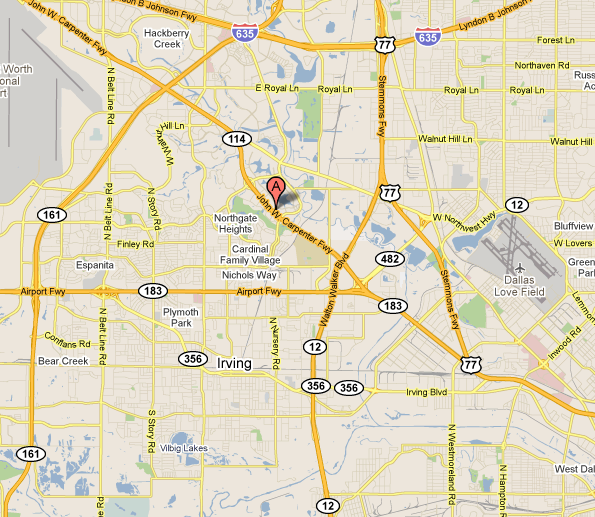 DALLAS BY DEFINITION 511 E JOHN W CARPENTER FRWY
DALLAS BY DEFINITION 511 E JOHN W CARPENTER FRWY DŮM DĚTÍ A MLÁDEŽE ČESKÝ KRUMLOV 2 2012 ☼☼☼☼☼☼☼☼☼☼☼☼☼☼☼☼☼☼☼☼☼☼☼☼☼☼☼☼☼☼☼☼☼☼☼☼☼☼☼☼☼
DŮM DĚTÍ A MLÁDEŽE ČESKÝ KRUMLOV 2 2012 ☼☼☼☼☼☼☼☼☼☼☼☼☼☼☼☼☼☼☼☼☼☼☼☼☼☼☼☼☼☼☼☼☼☼☼☼☼☼☼☼☼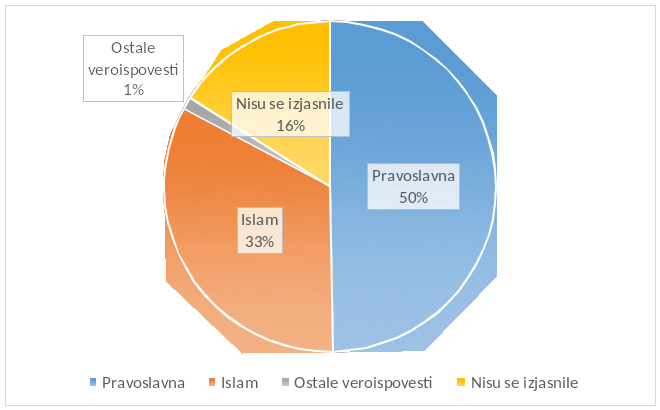 RODNO ZASNOVANO NASILJE NAD ROMKINJAMA I DOSTUPNOST USLUGA PODRŠKE
RODNO ZASNOVANO NASILJE NAD ROMKINJAMA I DOSTUPNOST USLUGA PODRŠKE WE HAVE A GREAT COSINE COLLECTOR DESIGN MUCH BETTER
WE HAVE A GREAT COSINE COLLECTOR DESIGN MUCH BETTER NOTE THAT THIS IS A FILE FROM 1994 INITIALLY
NOTE THAT THIS IS A FILE FROM 1994 INITIALLY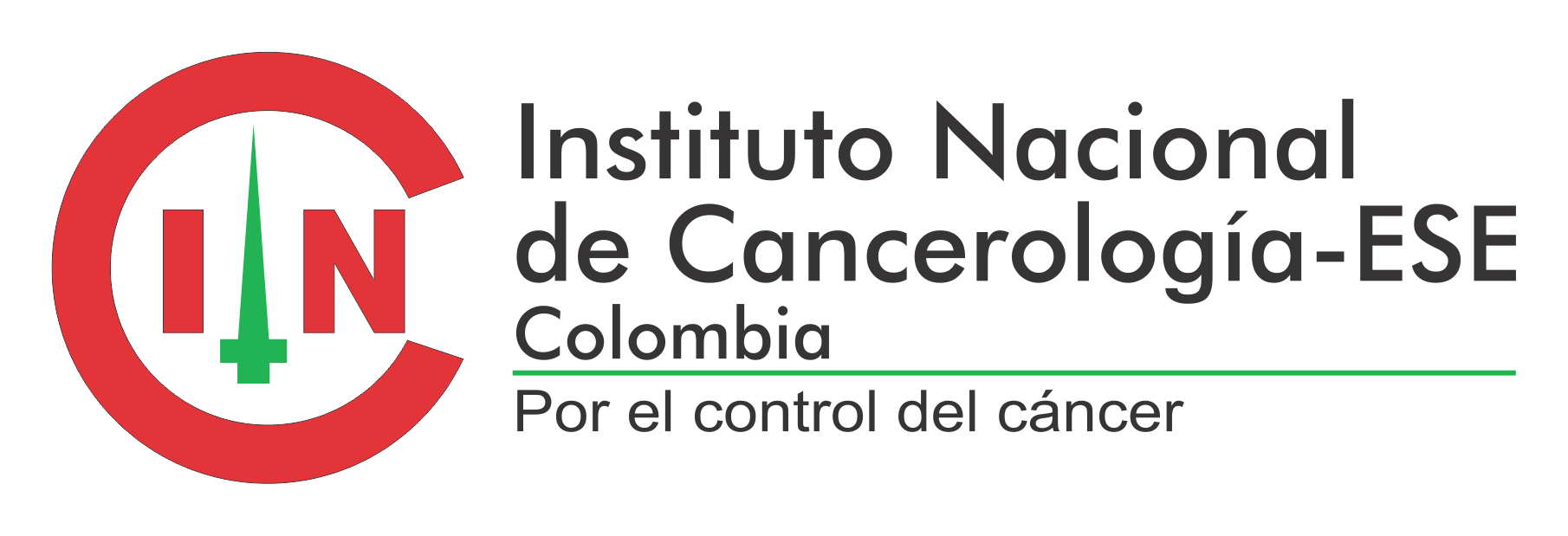 INVITACION A COTIZAR NO 229 DE 2016 PÁGINA 1
INVITACION A COTIZAR NO 229 DE 2016 PÁGINA 1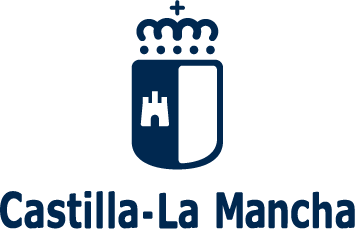 CONSEJERÍA DE BIENESTAR SOCIAL VICECONSEJERÍA DE SERVICIOS Y PRESTACIONES
CONSEJERÍA DE BIENESTAR SOCIAL VICECONSEJERÍA DE SERVICIOS Y PRESTACIONES